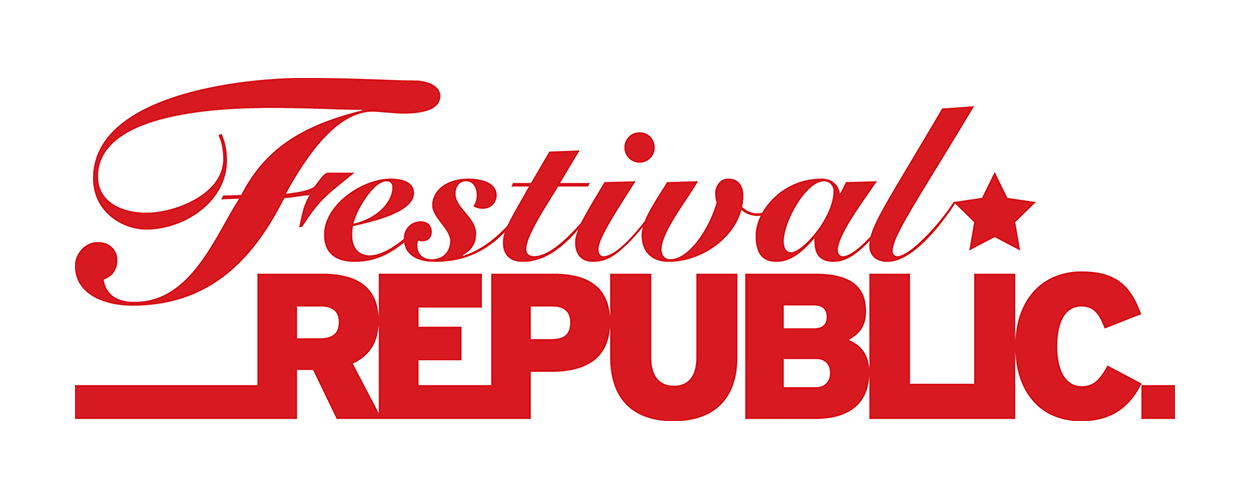This website uses cookies so that we can provide you with the best user experience possible. Cookie information is stored in your browser and performs functions such as recognising you when you return to our website and helping our team to understand which sections of the website you find most interesting and useful.
Business News Industry People Live Business
Melvin Benn proposes plan to get live music back to full capacity by November
By Andy Malt | Published on Friday 5 June 2020

The boss of Live Nation’s Festival Republic, Melvin Benn, this week circulated a draft plan to have the UK entertainment and hospitality industries back up and running by November, by partnering with the NHS’s in-development COVID-19 track and trace app.
Dubbed the ‘Full Capacity Plan’, the aim is to ensure that music venues, sporting events, theatres, restaurants and more only permit people who have recently tested negative for COVID-19, as well as providing an incentive for people to begin using the NHS app.
Under the proposal, when people book tickets for an event (or a table for a restaurant etc) they would be asked to obtain a COVID-19 test and also download the app.
Once a negative test result had been received, a certificate to enter the venue would be granted, although that would be subject to them not receiving a subsequent alert from the NHS track and trace scheme showing that they had been exposed to the disease.
Further health screening would then probably take place at the venue, but the certificate system in particular, reckons Benn, would enable the live music industry to get back up to full capacity, after a pilot programme, by November.
The alternatives are socially distanced events or venues remaining closed until a vaccine is found. The former likely wouldn’t be commercially viable for many venues and events. And the latter would extend the economic harm caused to the industry by COVID-19.
“We are currently in a position where the government has capacity to test 1.4 million people a week but [is actually] testing less than 700,000 because there is no incentive”, says Benn. “My plan is to create incentive, to test at least double the current capacity and be aiming for 12-15 million people a month being tested minimum”.
After Benn’s draft plan was circulated, Festival Republic said that it was a work in progress and a revised version of the document will follow. Certainly Benn wants feedback and suggestions to his proposals from the wider live industry.
“I am proposing The Full Capacity Plan to stimulate the debate about getting back to normal opening rather than partial opening because partial opening is financial disaster opening”, he said. The plan, he added, is “simple and easy, inexpensive in comparison to the subsidies that the government is currently paying, and very achievable with good organisation”.
Of course, one issue with a scheme that involves the NHS track and trace app – which is still being trialled on the Isle Of Wight – is the widespread concerns that have been expressed about the reliability and security of the government run system.
However, if using it let people get back out to social events, Benn is probably correct when he says that would be incentive enough for many people to overlook those concerns and connect with the NHS scheme.
Benn’s plan does also recommend additional health monitoring and security at venues, which will require additional technology not currently in place. This is viable for larger events and venues, but not everyone in the live industry would be able to afford to implement or hire staff to manage those extra measures.
In which case, would the certificate system alone provide enough assurance of safety for those venues to re-open? Or does this scheme only help the bigger live businesses able to afford the extra security and monitoring?
There are also other political and civil liberty issues with the scheme, in that each person’s ability to go out to live events would basically be dependent on a government-run technology.
That arguably creates a two-tier society – those that have government approval to go out and those that do not, either because of actual or possible infection, or an unwillingness to participate in the track and trace scheme. Though, again, being able to go out again after months of lockdown may be a sufficient incentive to overlook those concerns.
Either way, as Benn says, the wider music community should be discussing solutions to the problems posed by the ongoing COVID-19 pandemic, and someone needs to kickstart that debate with a proposal. Look out for the revised version of his plan once it is published.





